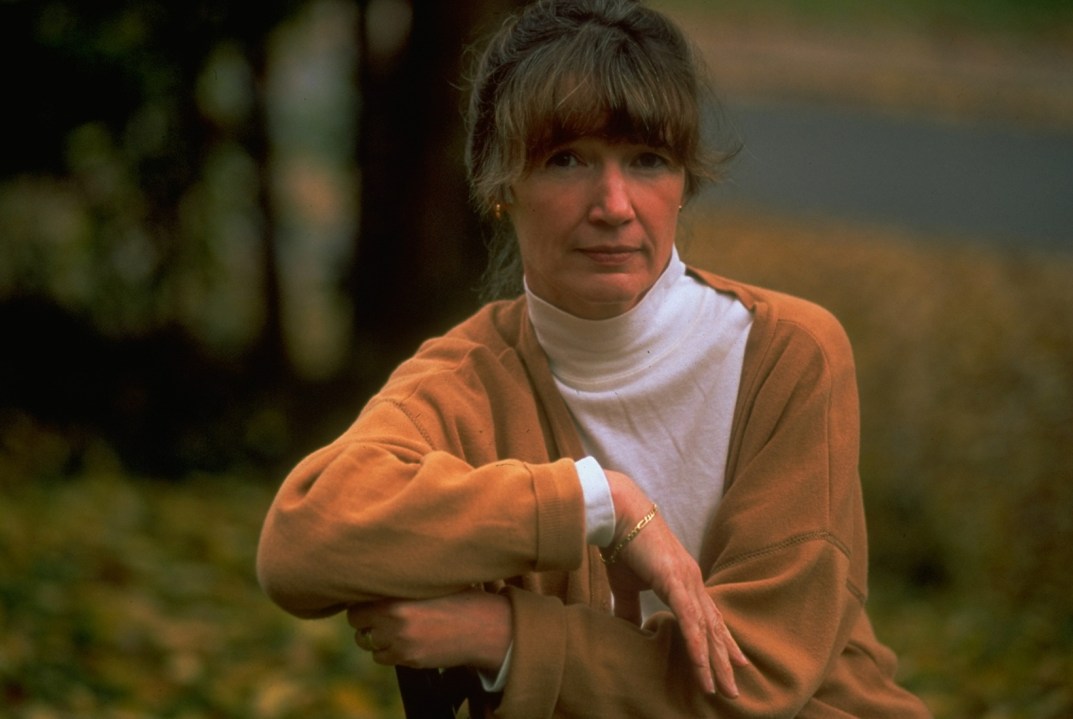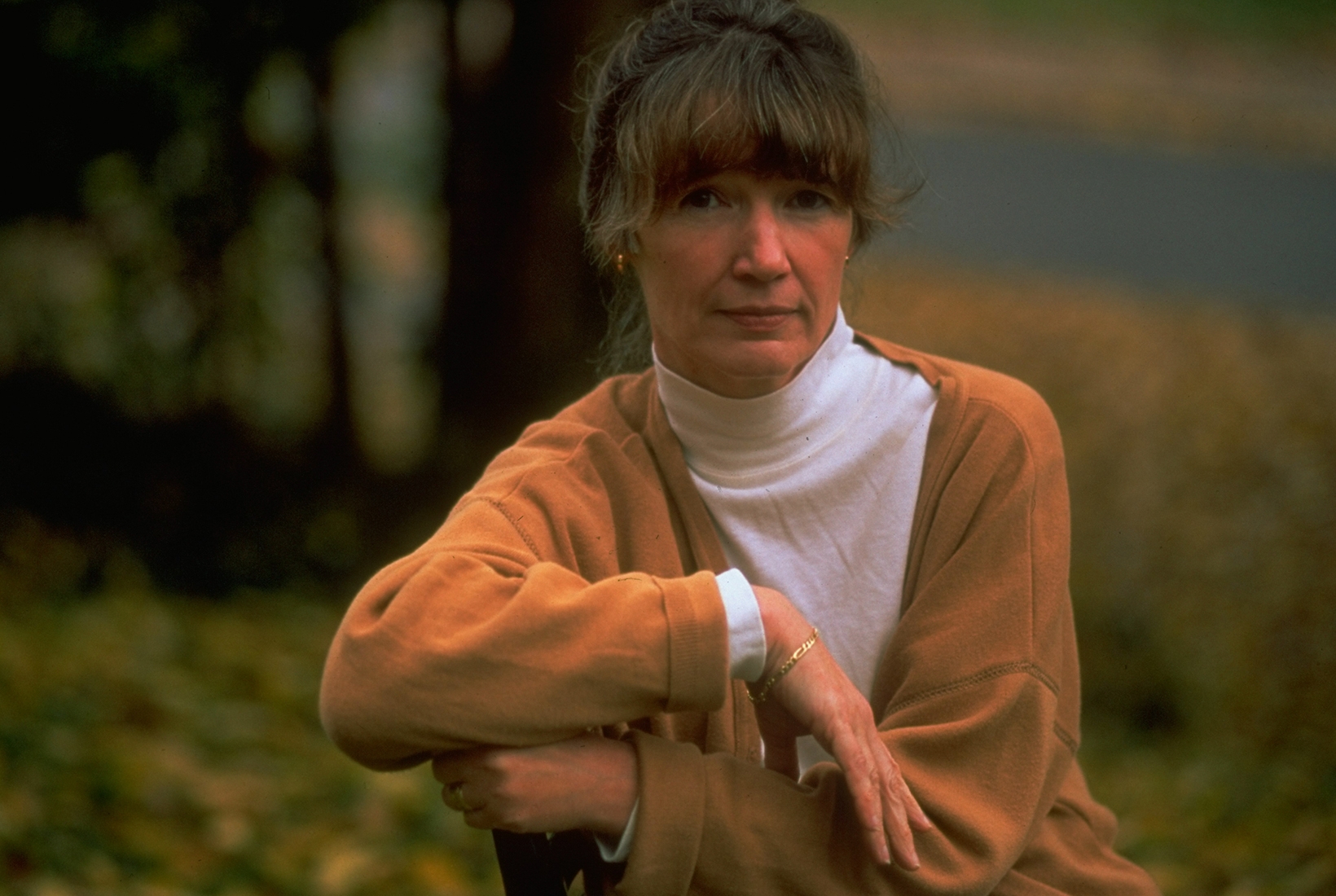Micah Mortimer, the strikingly unproactive protagonist of Anne Tyler’s 23rd novel, is a man of such unswerving routine that his rare moments of whimsy — slipping into a foreign accent on Mondays when the week turns to floor-cleaning and ‘zee dreaded moppink’ — come to seem like unfathomable caprice. Indulging a sudden hankering for a takeaway barbecue is as wild to him as one of Hunter S. Thompson’s most lurid binges. The reasons for his cautious mundanity are unclear: he emerged from a chaotic family, but so did his convivial, cheerful sisters; he’s no stranger to romantic disappointment, but then who is?
Now in his forties and scraping a living fixing the tech queries of mainly elderly Baltimore residents while acting as a handyman for his unglamorous apartment block, Micah does not question his lifestyle or his character, and shrugs off the attempts of those supposedly close to him to suggest refinements or enhancements to his behaviour and habits. Tyler’s skill is to make sure that readers can see his point while simultaneously cringing at his tin ear. After all, if the girlfriend you’re frankly lucky to have tells you she’s about to be evicted, reassuring her that the rental market is buoyant is a misstep. Tyler writes:
Sometimes when he was dealing with people he felt like he was operating one of those claw machines on a boardwalk, those shovel things where you tried to scoop up a prize but the controls were too unwieldy and you worked at too great a remove.
Well, yes: but ‘people’ aren’t supposed to include your girlfriend and your family.
Redhead by the Side of the Road — its title a reference to the tendency of Micah’s ageing eyes to mistake inanimate objects for human beings when he’s out running — is a noticeably compact novel, studded with miniature portraits of other lives. Each of them bears Tyler’s characteristic empathy and brilliance at capturing something essential in only a few brush strokes: the vampish middle-aged neighbour who gamely carries on dating, flashing her teeth at Micah not in flirtation but to solicit his advice on whether he thinks they’ll impress a dentist she’s dining with that evening; his customers, flocking to the ‘tech hermit’ because they don’t know how to turn their modems on and off; and Cass, the girlfriend, whose adoption of a stray cat appears to Micah a piece of dangerously impulsive sentimentality.
But one would have liked more from such vignettes — especially when the runaway son of Micah’s old college girlfriend turns up, in the mistaken belief that Micah might be his father. This of course is the kind of plot twist that starts unlikely-buddy and stand-in parent-figure films, and there’s a kind of austerity to the way Tyler resists the temptation, sticking to the novel’s logic: if you’re writing about a character who consistently cuts off opportunities and stalls his life, then having him undergo sudden, action-filled transformation is cheating.
Tyler doesn’t cheat, and the result is that her writing here can feel truthful and moving but also slightly underpowered. Still, her novels are always absorbing, and her emotional generosity — the way she reveals in tiny flashes the extent to which we really know what we’re attempting to hide from ourselves — is never less than impressive. And at the present time, a book that weighs our ability to insulate and isolate ourselves against disaster alongside the endurance of small kindnesses is not a bad one to have to hand.






Comments